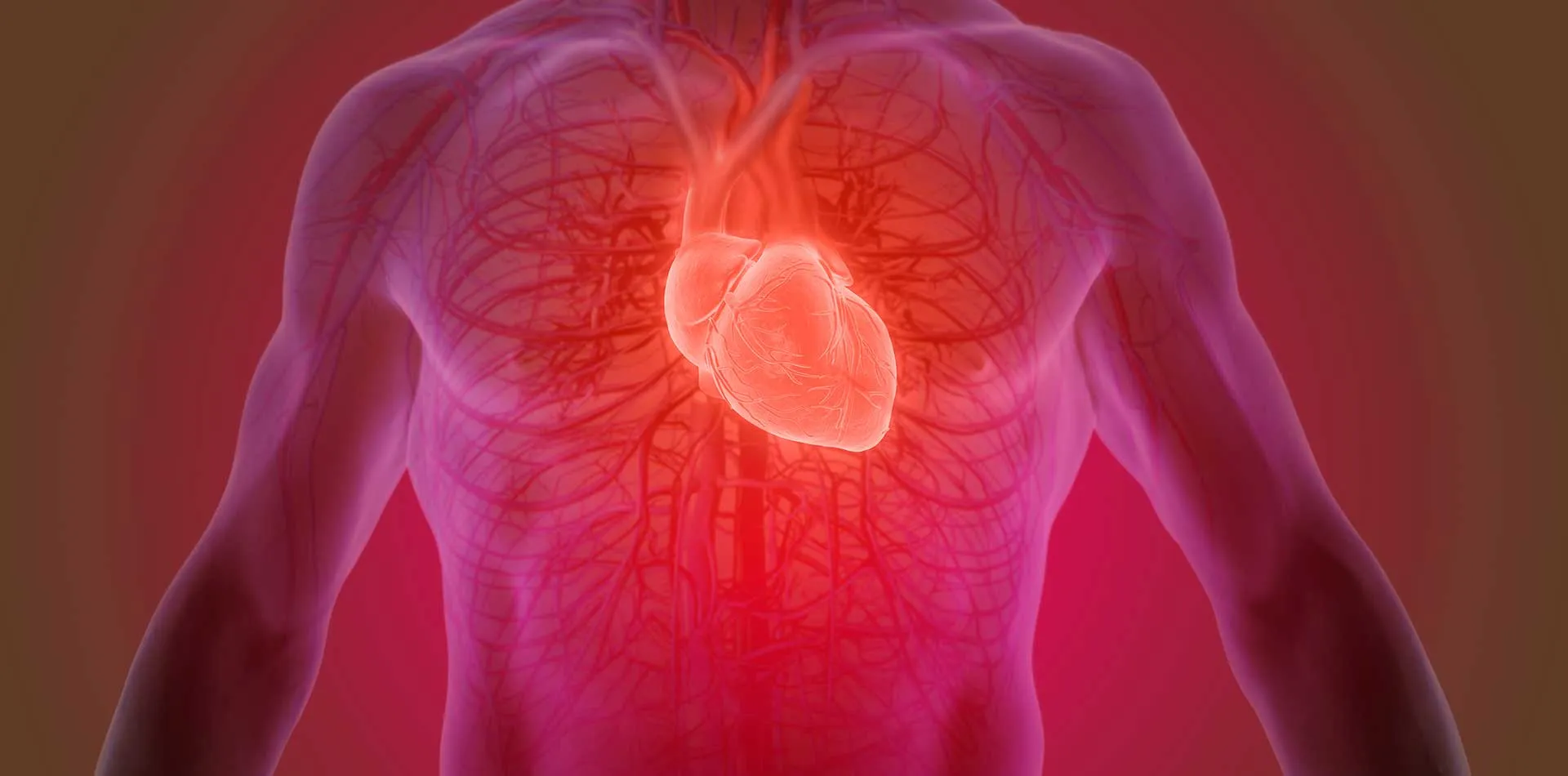
Heart valve disease is a state when one or more valves in the heart don't work correctly. The heart has four valves that keep the blood flowing in the correct direction. When one or more valves don't open or close properly, the blood flow from the heart to the body is disrupted.
The treatment depends on the heart valve type and the severity of the disease; some cases would require surgery to repair or replace the heart valve.
Some people's symptoms are not visible for many years. Common signs include chest pain, fatigue, and a whooshing sound (heart murmur) heard with a stethoscope. The other indications include abdominal swelling, shortness of breath, particularly when active or lying down, swelling of the ankles and feet, irregular heartbeat, dizziness and fainting.
Talk to the doctor when symptoms indicate heart valve disease, and if you have a heart murmur, the doctor might recommend consulting a cardiologist.
There are four heart valves, namely mitral, tricuspid, pulmonary and aortic valves, that keep blood flowing in the right direction. Every valve has flaps that open and close once per heartbeat; when one or more valves fail to function appropriately (open or close), it disrupts the blood flow through the heart to the body.
Some heart valve conditions are present at birth (congenital) or happen in adults due to many reasons like infections and other heart conditions.
• Regurgitation is a condition when the valve flaps don't close properly, inducing blood to leak backwards in the heart. It happens when the valve flaps bulge back called prolapse.
• Stenosis is when the valve flaps become thick or stiff and possibly fuse, resulting in a narrowed valve opening, letting less blood flow through the valve.
• Atresia is when the valve isn't formed, and a solid sheet of tissue obstructs the blood flow between the heart chambers.
Factors that raise the risk of heart valve disease include old age, history of some infections affecting the heart, certain heart diseases or a heart attack. The reasons are high blood pressure, high cholesterol, diabetes and other heart disease risk factors and some heart conditions present at birth like congenital heart disease.
Heart valve disease may lead to multiple complications such as heart failure, stroke, blood clots, death and heart rhythm abnormalities.
Patient Experience